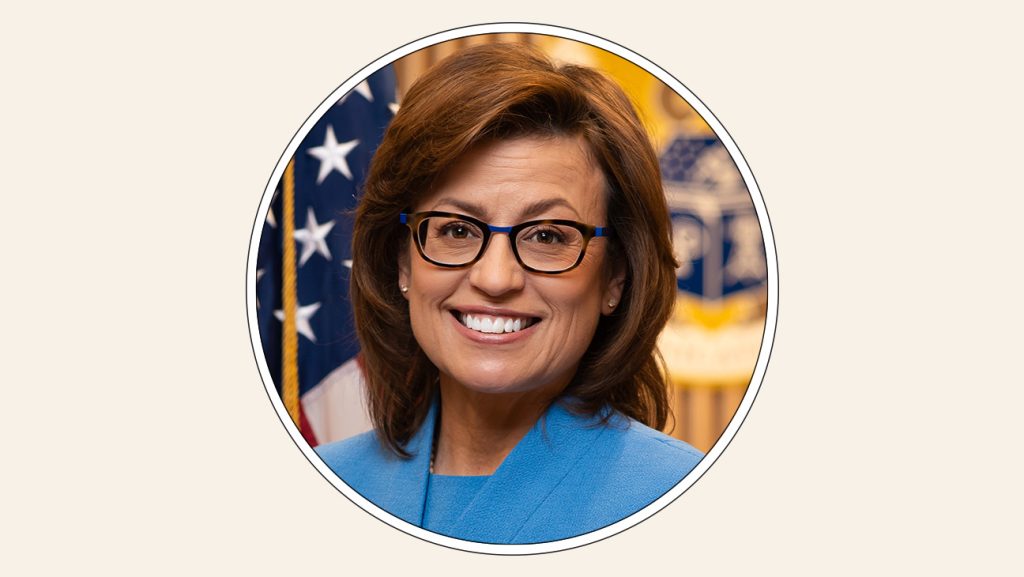Though the Federal Communications Commission approved the Skydance-Paramount merger Thursday, one commissioner is speaking out against what she says has been an “erosion of our First Amendment protections.”
“After months of cowardly capitulation to this Administration, Paramount finally got what it wanted. Unfortunately, it is the American public who will ultimately pay the price for its actions,” commissioner Anna M. Gomez said.
Gomez notes that the transfer of Paramount’s broadcast licenses to Skydance was approved by a vote of 2-1 at the FCC, which is led by Brendan Carr, and that she had dissented. She pointed to the “unprecedented” moves taken by the FCC to help broker the deal, which she notes include the elimination of DEI programs and putting controls on newsroom decisions at CBS, including agreeing to appoint an ombudsman that will report directly to the president of CBS News and “who will receive and evaluate any complaints of bias or other concerns.”
On July 1, Paramount agreed to a $16 million deal to resolve a lawsuit filed by President Trump against 60 Minutes over an interview conducted with Kamala Harris. The settlement was largely seen as paving the way for the merger with Skydance. Trump has also said that he anticipates receiving at least $20 million in advertising, public service announcements or similar programming from Skydance as part of a settlement.
“In an unprecedented move, this once-independent FCC used its vast power to pressure Paramount to broker a private legal settlement and further erode press freedom. Once again, this agency is undermining legitimate efforts to combat discrimination and expand opportunity by overstepping its authority and intervening in employment matters reserved for other government entities with proper jurisdiction on these issues. Even more alarming, it is now imposing never-before-seen controls over newsroom decisions and editorial judgment, in direct violation of the First Amendment and the law,” Gomez wrote.
“After the FCC buried the outcome of backroom negotiations with other regulated entities, like Verizon and T-Mobile, I urged for us to bring the Paramount proceeding into the light. I’ve long believed the public has a right to know how Paramount’s capitulation evidences an erosion of our First Amendment protections, and I’m pleased that FCC leadership ultimately agreed to my call for every Commissioner to vote on this transaction. Granting approval behind closed doors, under the cover of bureaucratic process, would have been an inappropriate way to shield this Administration’s coordinated campaign to censor speech, control narratives, and silence dissent,” she continued.
“Despite this regrettable outcome, this Administration is not done with its assault on the First Amendment. In fact, it may only be beginning. The Paramount payout and this reckless approval have emboldened those who believe the government can—and should—abuse its power to extract financial and ideological concessions, demand favored treatment, and secure positive media coverage. It is a dark chapter in a long and growing record of abuse that threatens press freedom in this country. But such violations endure only when institutions choose capitulation over courage. It is time for companies, journalists, and citizens alike to stand up and speak out, because unchecked and unquestioned power has no rightful place in America,” Gomez wrote.

